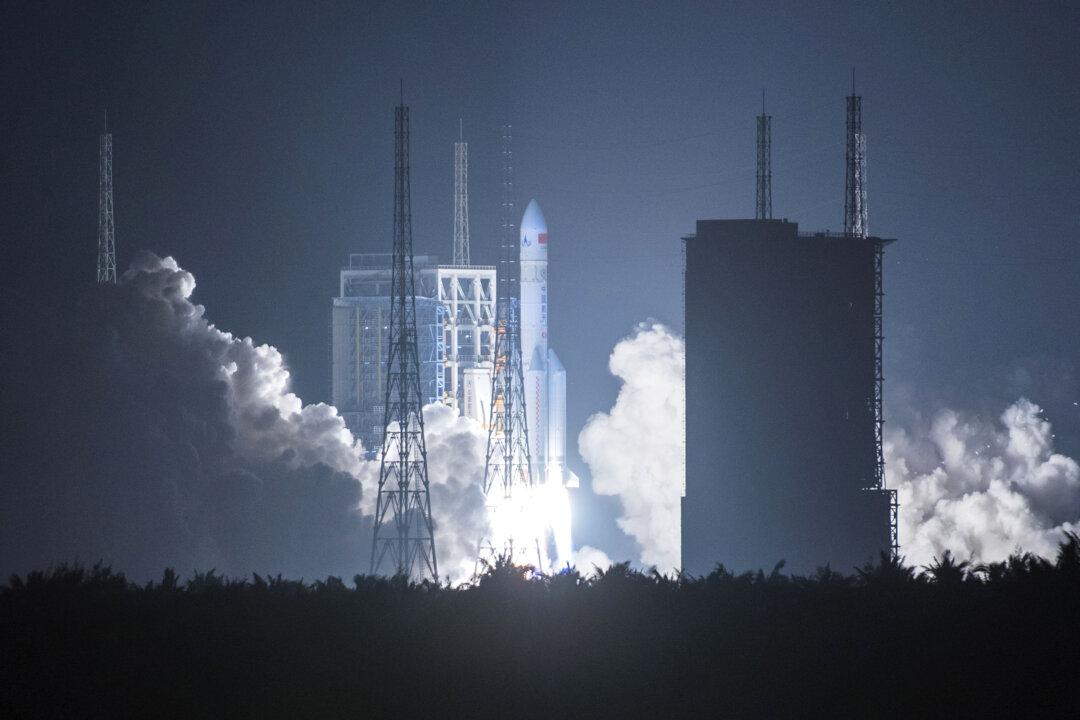News Analysis
The first strategy report following President Donald Trump’s launch of the U.S. Space Command warns that China is seeking to displace the United States as the leading space power.

The first strategy report following President Donald Trump’s launch of the U.S. Space Command warns that China is seeking to displace the United States as the leading space power.